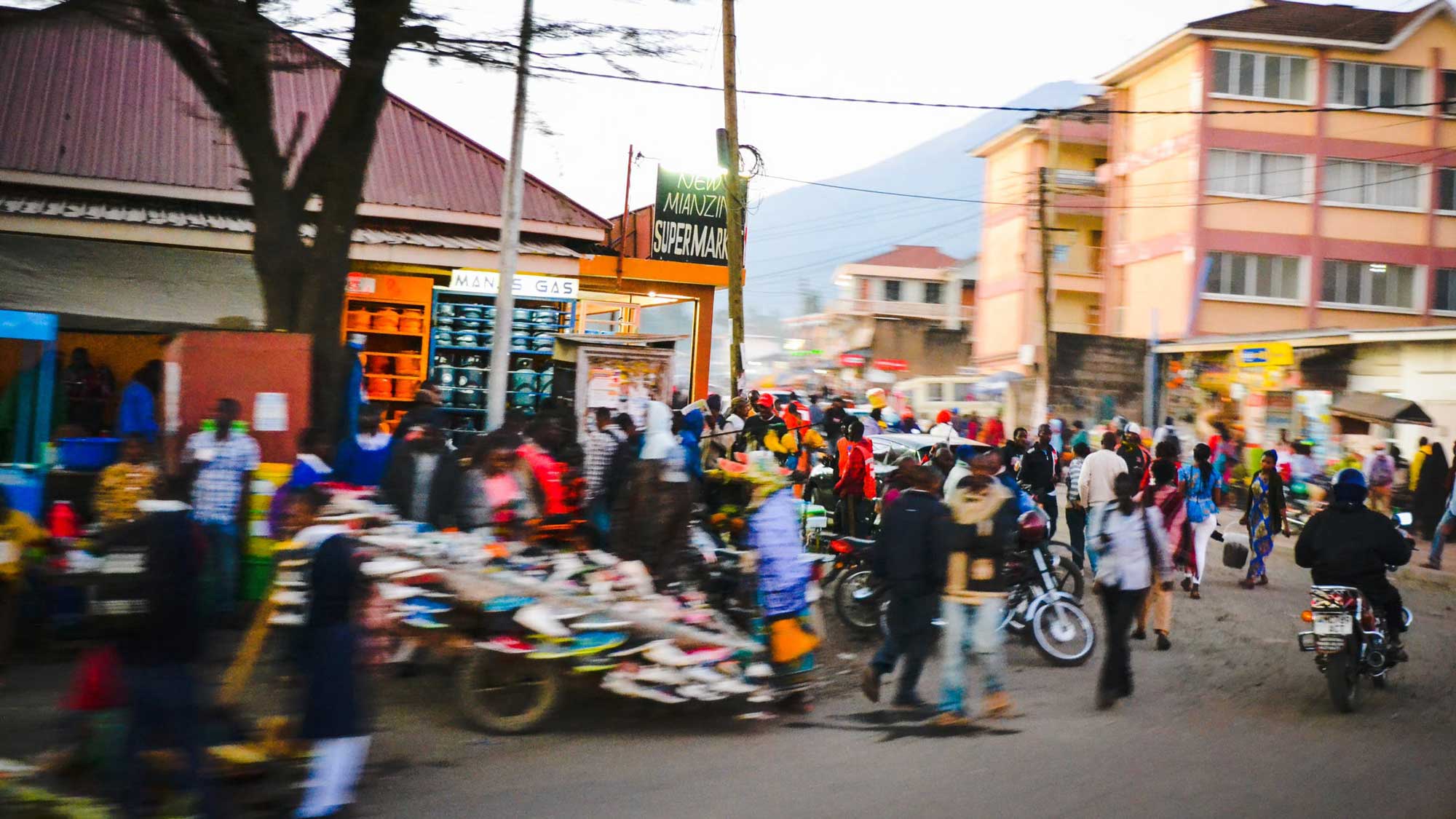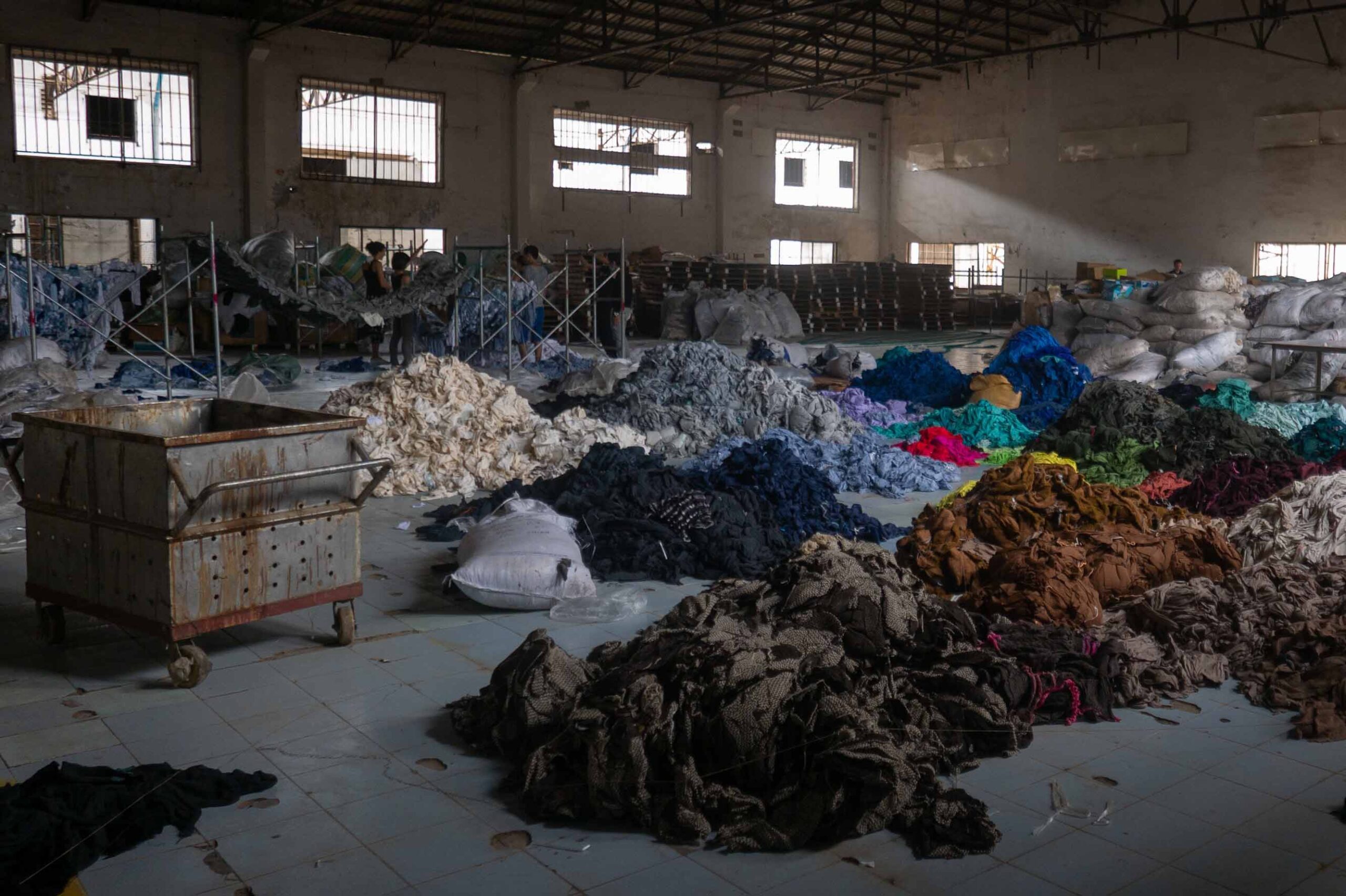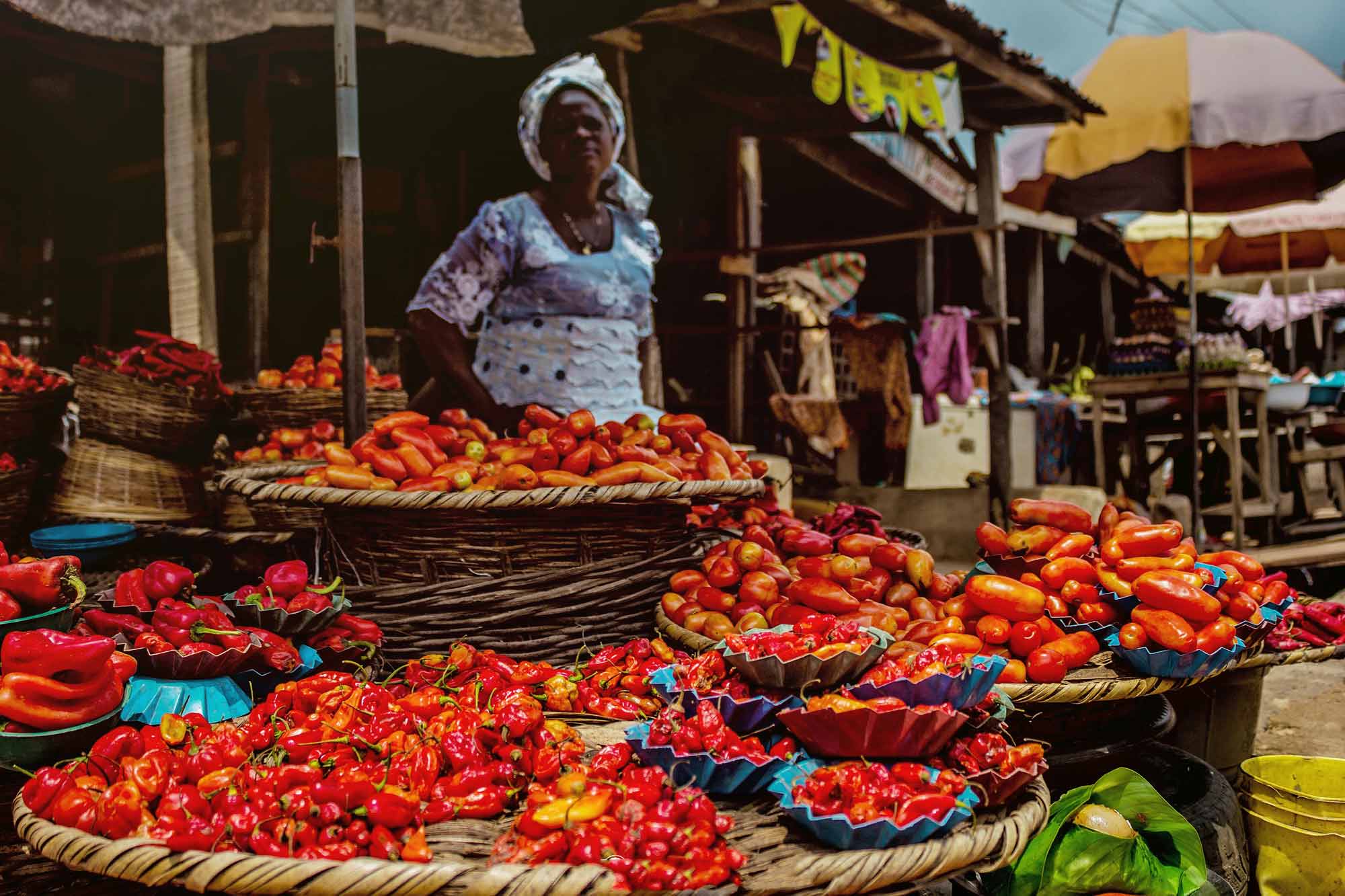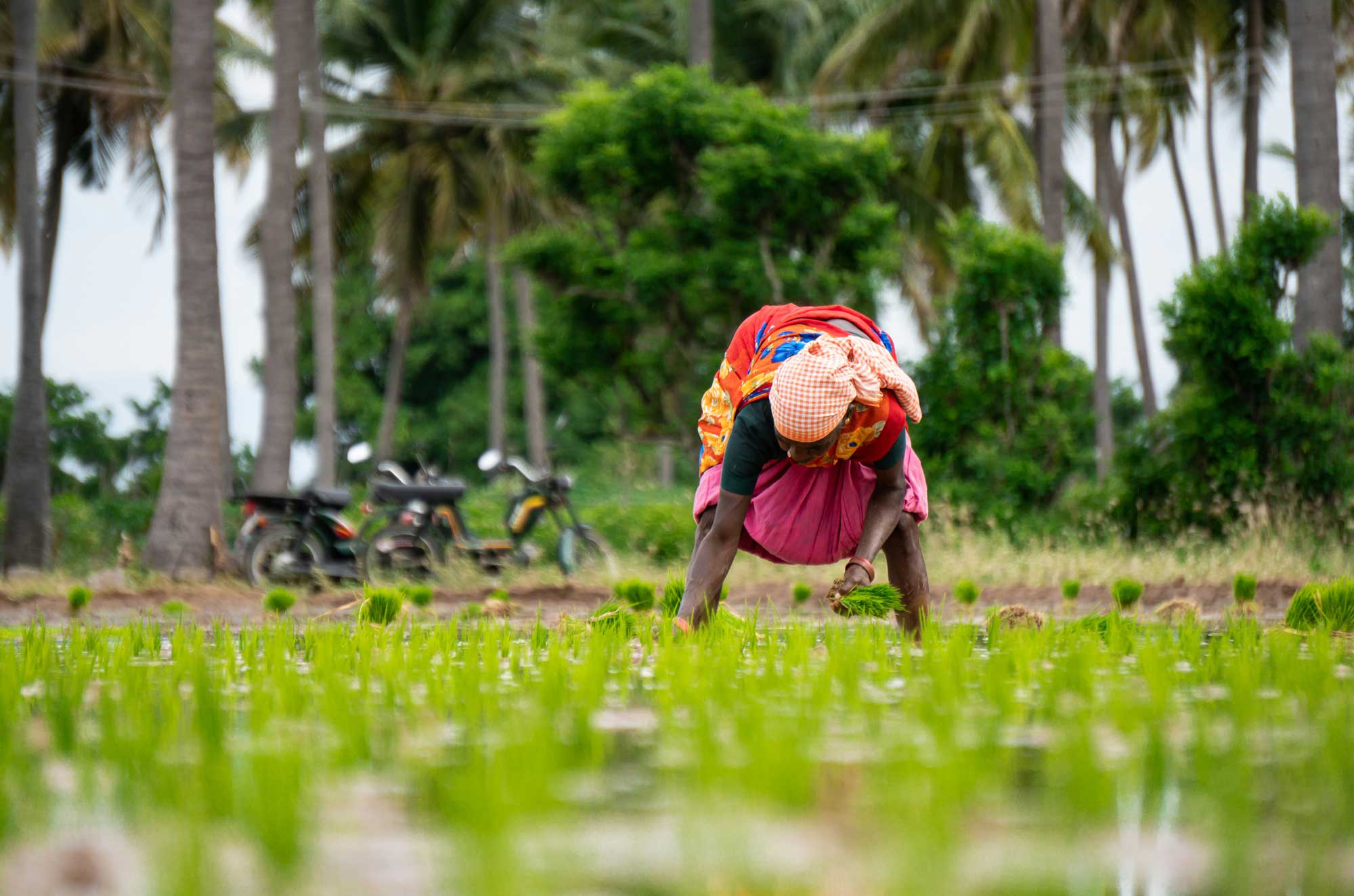As part of its analysis to inform COVID-19 policy responses, the Economic Commission for Africa (ECA) is calling for adequate consideration of the vulnerability of economies as African governments consolidate efforts and define stimulus measures to mitigate national and regional economic impacts. Thokozile Ruzvidzo, Director of the Gender, Poverty and Social Policy Division of the ECA states that as the engines and drivers of economic growth, the countries are facing considerable risks in light of COVID-19 with implications for the continent’s resilience to the pandemic.1
Lockdowns have come at a heavy price, and with a majority of citizens dependent on subsistence income and governments less able to give cash handouts than those in the global North; the COVID-19 is already having a huge impact in Sub Saharan Africa. The pandemic is likely to drive the region into its first recession in 25 years, with growth potentially falling as low as negative 5.1% in 20202. Most Africans and entrepreneurs have been affected by the measure taken as they mostly depend on daily earnings, and Aid Agencies have warned that the measures are pushing many millions into severe hunger, 90 percent of the population working in informal jobs might be faced with difficulties to access the support they need.
“More than 80 percent of rural population rely on subsistence farming in West and Central Africa. The 2020 off season harvests should be reaching markets and providing substantial incomes of stallholder farmer. However, market closure, restriction on internal and cross borders movement limit markets access. Planting period starts in May/June for the main agricultural season while the Covid-19 epidemic is forcing governments to cut agricultural expenses and to prioritize health-related expenditures. If the above-mentioned restrictions continue, famers won’t have access to market to buy good quality seeds and fertilizers.” The World Food Programme’s news release from April 2020.
Firms and businesses in African cities are highly vulnerable to COVID-19 related effects, especially SMEs which account for 80% of employment in Africa. In Kenya, day laborers are dramatically affected since the containment measures are expected to bring additional economic hardship in a country where informal laborer’s account for 83.6% of the total workforce. Urban-based sectors of the economy (manufacturing and services), which currently account for 64% of GDP in Africa, are expected to be hit hard by COVID-19 related effects, leading to substantial losses in productive jobs. In particular, the approximately 250 million Africans in informal urban employment (excluding North Africa) will be at risk. Additionally, urban consumption and expenditure (of food, manufactured goods, utilities, transport, energy and services) is likely to experience a sharp fall, when the cost of living is expected to be up to 100% increase in the price of some food items The World Bank pointed out in a report that all indications suggest that the COVID-19 will have a heavy human toll and cause an acute economic crisis in Africa. The latest United Nations Economic Commission for Africa (UNECA) predictions show that COVID-19 may reduce the continent’s expected economic growth from 3.2% to 1.8%, and the Organization for Economic Cooperation and Development (OECD) has revised global growth figures down from 2.9% to 1.5%. Africa’s poorest residents were already on the brink of starvation even before the pandemic.
So, what can be done?
Governments could instead of a city- wide lockdown, only quarantine the elderly and those with compromised immunity, use cash-for-work schemes to employ workers to distribute emergency food rations toward them, upgrade sanitation in wholesale markets, stimulate domestic consumption, and focus on human capital and the informal sector as an appropriate response to the effects of the coronavirus pandemic.
While every region will suffer from the coronavirus crisis, Africa has the advantage of youth bulge, but will still need debt relief, and budget supplements in order to help contain and combat this pandemic but also safeguard lives and livelihoods. Proactive measures are also needed for urban economic recovery including measures to boost finances and capacities of local authorities as first responders, short-term bailouts and exemptions for SMEs to limit productivity and employment losses, social protection for those in informal urban employment while anticipating the potential of labor intensive public work programs for job creation in the medium term. On top of the efforts to revitalize and enhance the productivity of Africa’s cities through adequate investments, African countries still have long term challenges in the way that health systems need to be transformed, raw materials should finally be processed locally, and the economy should be more diversified.
Despite the early successes, the World Health Organization (WHO) warned that Africa could be more affected by COVID-19 than other regions of the world; but Africa is not a defenseless victim of the pandemic. We have a lesson to learn, and Africa is a continent that takes things into its own hands, in very different ways.3
Footnotes
1 Source: https://www.un.org/africarenewal/news
2 Data from the World Bank Africa’s pulse report 2020; https://www.worldbank.org/en/region/afr/publication/africas-pulse
3 Robert Kappel, professor emeritus at the Institute of African Studies at the University of Leipzig













